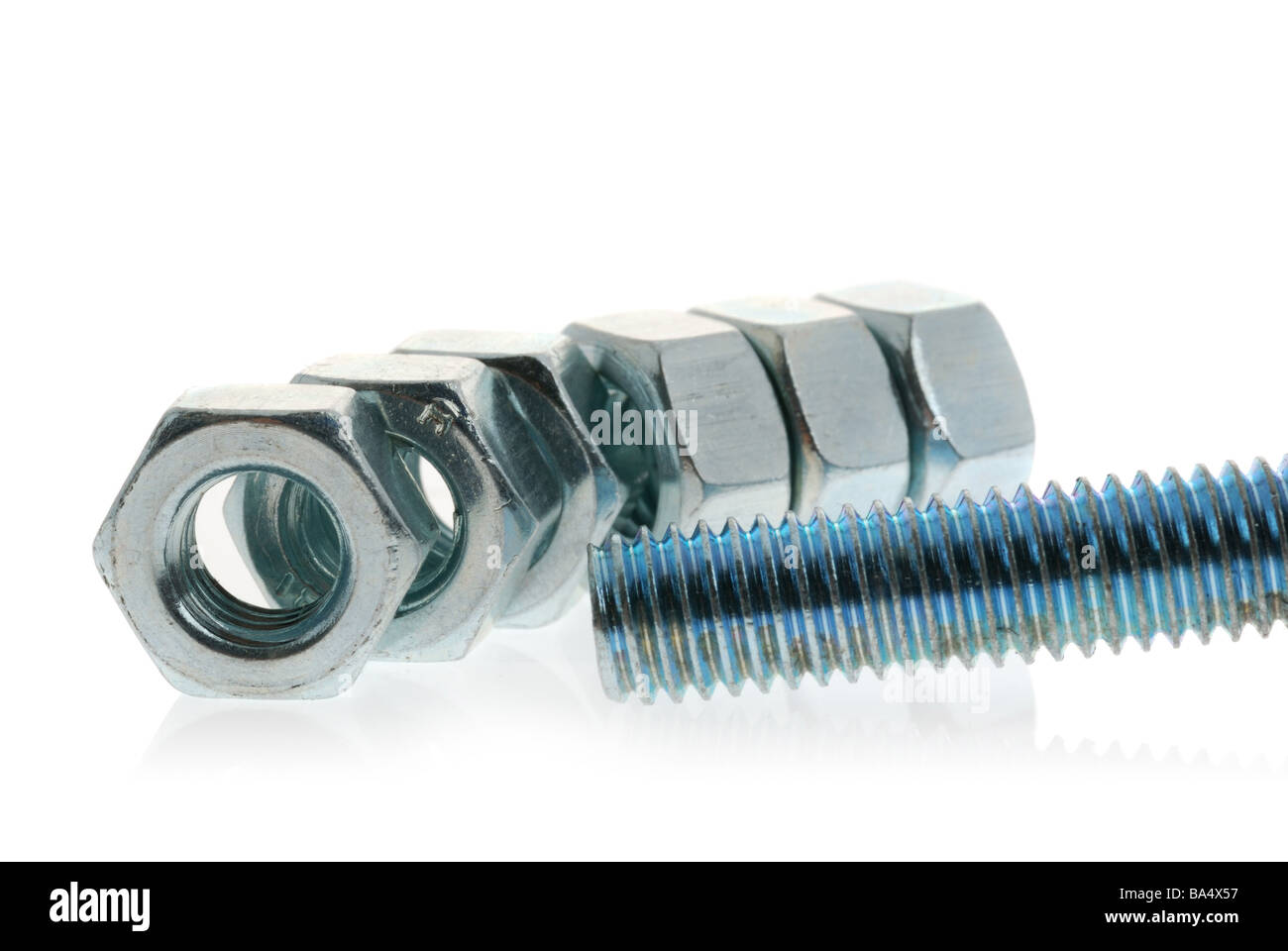The Future of Fastening Devices: Innovations in Nuts and Bolts
Amidst the current fast-changing environment, the significance of fasteners, particularly nuts and bolts, continues to increase. Such seemingly simple elements are crucial in countless applications, from building tasks to car maintenance. With technological advancements, so too do the developments surrounding such crucial attachment solutions. Grasping the different kinds, uses, and materials of nuts and bolts is vital for anyone involved in do-it-yourself tasks, commercial building, or repair work.
This document will examine the future of fasteners and provide a detailed analysis of various types of nuts and bolts. This guide will include everything from fundamental explanations and uses to the standard varieties of bolts, their uses, and the latest advancements in substances and finishes. Including perspectives on industrial construction, automotive needs, and specialized fasteners, this exploration will equip you with the information needed to choose the right fastener for all task, guaranteeing both efficiency and durability.
Types and Functions of Nuts and Bolts
Nuts and bolts are essential components in various applications, providing support and durability to structures and machinery. Bolts can be classified into several types, such as hex bolts, round head bolts, and lag screws, each intended for specific uses. Hex bolts are flexible and widely used in various projects, while round head bolts offer a rounded head perfect for securing wooden items. Lag bolts are especially useful for high-strength applications, as their robust threads allow them to hold sturdy materials, making them a popular option in building.
Nut fasteners complement bolts by fixing them in place and providing a tight fit. Several types of nuts—such as regular nuts, locking nuts, and washer nuts—serve unique purposes. Self-locking nuts are made to resist loosening under vibration, making them ideal for automotive applications. Washer nuts have a integrated washer base that distributes the load, avoiding damage to the material being secured. Understanding the roles of these different nut types helps in selecting the right item for a project, ensuring reliability and safety.
When choosing nuts and bolts, one must take into account factors like composition, thread specification, and the specific application. Allen Screws include mild steel, stainless steel, and brass, each offering distinct benefits in terms of durability and resistance to corrosion. The thread type—rough, tight, or measured—also influences the suitability and effectiveness of the fasteners. By recognizing the types and functions of nuts and bolts, users can make wise choices that enhance the durability and efficiency of their projects.
Substances and Coatings
The choice of materials for nuts and fastening elements substantially impacts their performance and suitability for different uses. Typical substances include steel, brass, and titanium. Carbon steel is commonly used due to its durability and adaptability; however, the specific grade of carbon steel can further influence its characteristics, such as tensile strength and ability to oxidation. Copper alloy is often selected for uses requiring corrosion resistance and excellent electrical conductivity, while the titanium alloy offers superior strength relative to weight and ability to extreme environments, making it perfect for specialized uses.
Coatings also serve a crucial role in enhancing the longevity and longevity of fasteners. Zinc coating is a popular option for providing oxidation protection, particularly in environments where moisture is a concern. Galvanization takes this a step further, providing a thicker protective layer that can withstand more extreme conditions. Other coatings, including powder coating and anodizing, can also be utilized to enhance appearance and provide extra protection against wear and oxidation.
Comprehending the relationship between substances and coatings will help you select the best fasteners for your particular needs. For https://formoboe2.bravejournal.net/10-unique-applications-for-fasteners-you-never-realize , think about using corrosion-resistant choices that will resist outdoor conditions. Always evaluate the conditions your fasteners will encounter, as well as any necessary trade-offs between strength, mass, and oxidation resistance, to ensure their durable functionality.
Specialty and Unique Fasteners
Unique and distinct fasteners are engineered to meet particular requirements that conventional nuts and bolts cannot accommodate. For example, security fasteners, such as anti-tamper nuts and bolts, are designed to prevent illegitimate access or removal. These often feature unique heads or threading that require special tools for setup and removal, making them ideal for applications where security is a concern, such as in communal installations or machinery that is extremely valuable.
Another category worth noting is nylon locking nuts, which provide enhanced locking capabilities compared to regular nuts. The nylon component creates friction when the nut is threaded onto the bolt, thereby preventing it from loosening due to shaking. These fasteners are particularly beneficial in automotive and machinery applications where movement and vibration can lead to the breakdown of traditional fastening methods. Utilizing nylon lock nuts can significantly improve the durability and reliability of connections in dynamic environments.

Anchor bolts represent another crucial type of specialty fastener specifically created for high-strength applications, such as securing structures to bases. They are commonly used in building for attaching supports, pillars, and more to concrete or masonry. It is important to select the appropriate anchor bolt type—whether it be physical or adhesive—based on the load requirements and surrounding conditions to ensure optimal holding power and building integrity.